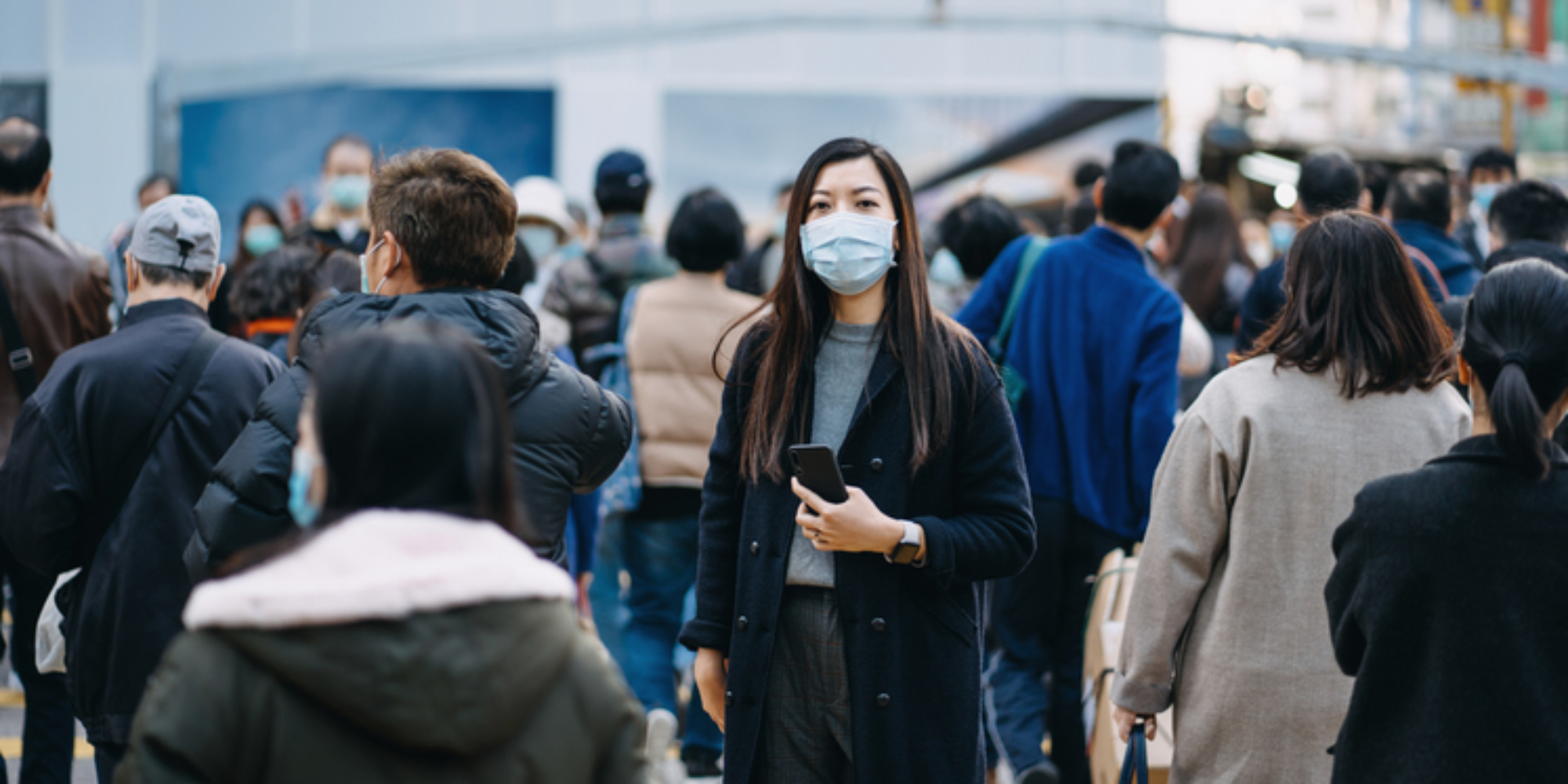Nothing could have prepared us for 2020, a year perhaps best characterized by feelings of oppressive nimiety or too-muchness: too much uncertainty, too much polarization, too much politicization, too much devastating loss. It was an unrelenting year that revealed the best and the worst of us. As we look toward the future with all of the hopeful optimism that a new year brings, we have to ask ourselves: what will be different in 2021? How will cities, towns, and villages respond to the monumental social, political, and racial reckoning that lies ahead?
At CityHealth, we believe local leadership will help to pave the way. In a year that saw the scourge of the COVID-19 pandemic, an economic downturn, business closures, job losses, and calls for racial justice, local leaders were steady, decisive, and innovative. These leaders demonstrated remarkable resilience and were called to do more with less.
The past year has accelerated much-needed debates on critical issues and shifting public opinion has created new pathways for policy change. There is much to do in the year ahead, and we believe local leadership and action will model progress. The list below includes predictions where we believe cities will make needed investments across five key areas
1. Health
As stay-at-home orders led to increased self-isolation, the pandemic exposed and exacerbated a longstanding, nationwide mental health emergency. Recent studies have shown dramatic upticks in the rates of mental health conditions and substance misuse, including alcohol, and a soaring suicide rate.
COVID-19’s devastation has not been shared equally; communities of color have been disproportionately affected, further amplifying racial disparities in health outcomes in the United States. To help stem the tide, we expect to see more city leaders emphasize and embrace a health-in-all policies approach. Specifically, we anticipate many cities will:
- Expand equitable access to COVID-19 testing and vaccine distribution.
- Improve, strengthen, and support the behavioral health sector.
2. Housing
The fragility of the country’s housing system has never been clearer than in a year in which eviction moratoriums were needed as a safety pin to prevent widespread homelessness. Housing is foundational to overall health and positive health outcomes. In 2021, we anticipate that more cities will:
- Preserve existing affordable housing stock and seek creative options to increase density to expand housing access and affordability across their communities.
- Continue to implement protections against source of income discrimination.
- Make enhancements to their human services systems.
- Evaluate and expand rent control protections.
3. Jobs, Education, and the Economy:
The financial strain states and municipalities are experiencing cannot be overstated. However, now is not the time to disinvest in key evidence-based education programs and interventions such as pre-K, which can yield enormous long-term benefits. State and local leaders have an opportunity to lay the groundwork for better community health and sustained economic growth while demonstrating a commitment to racial equity and social justice.

The term “essential worker” has come to include some of the lowest-paid workers and hardest-hit sectors, disproportionately affecting low-income people of color. As these workers have been vital to our country’s functioning, they need essential protections and benefits — not only for their own health and safety, but also for the economic stability of the country. Similarly, women have been disproportionally affected by the pandemic, with nearly 2.2 million leaving the labor force between February and October of 2020 either as a result of COVID-related layoffs or because they chose to take time off from their careers.
The shifts in the labor force and impacts on early education will have implications for productivity and economic growth that will reverberate for years to come. In 2021, we anticipate more cities will:
- Increase local minimum wages.
- Expand both temporary and permanent earned sick leave and paid family leave protections.
- Invest in workforce development and training.
- Expand investments in child care.
4. Climate & Transportation
COVID-19 has exacerbated longstanding racial inequities that have broad impacts on health outcomes. Last summer, researchers highlighted the nexus between racist housing policies like redlining and increasing global temperatures. These policies have left communities of color vulnerable and facing some of the highest rates of heat-related emergencies in urban neighborhoods.
In the wake of the pandemic, street safety has also taken on new relevance as millions of Americans are no longer commuting to work on a regular basis, and many have restricted access to public transportation. As a result of this, cities and states have taken action to make their streets safer and afford their residents greater opportunities to exercise and engage in other physical activities in a safe and accessible manner. We anticipate these investments will continue in 2021 and expect to see more cities:
- Increase the tree canopy cover across their cities.
- Adopt the Complete Streets framework.
- Invest in green streets and other green infrastructure.
- Improve equitable access to parks and green spaces.
5. Violence Prevention:
Since the onset of the pandemic, the country has seen upticks in the rates of substance misuse overall, and alcohol in particular. Research has shown that the harmful use of alcohol is a major contributor to violence, and one local solution is to reduce the availability of alcohol by regulating sales outlets, hours, and prices.
In any community, public safety is always top of mind; however, as the pandemic has raged on, violent crime in the U.S. has surged. While many cities have historically looked to law enforcement to drive solutions to address community violence, jurisdictions are now recognizing that law enforcement cannot be the only or even the primary solution. As a result, we anticipate more cities will:
- Prioritize a public health approach to violence.
- Reform police practices to begin addressing police brutality.
- Invest in workforce development.
Helping Cities Move Forward
As local leaders continue to take action in these key areas, CityHealth is here to help. CityHealth provides research, sample ordinances, and data for policies that are proven to work. From Complete Streets to earned sick leave, we help cities adopt the policies that will help residents live longer, healthier lives. We stand ready to help city leaders make 2021 a better year for their local communities.

